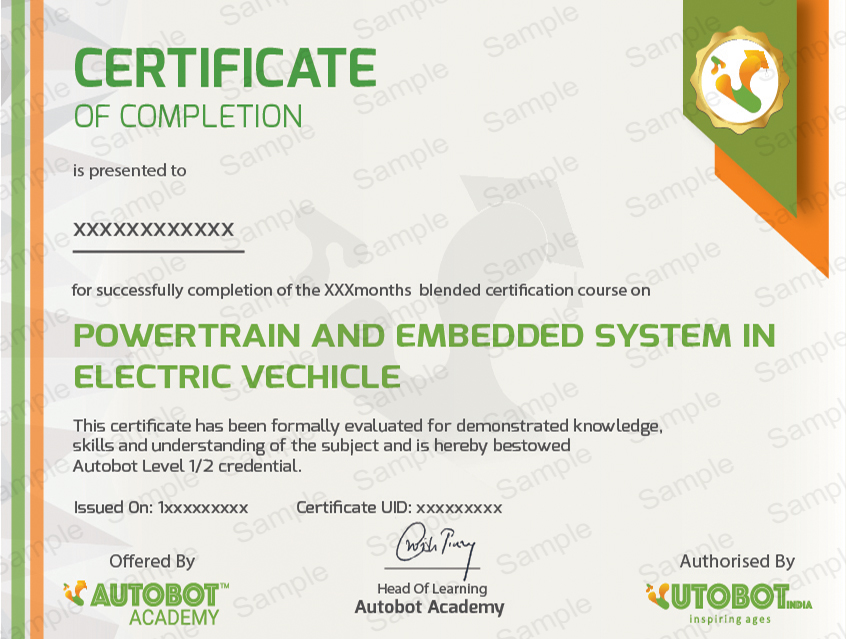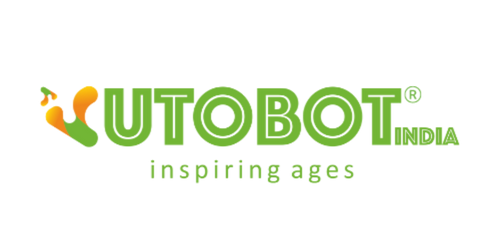-

.
Home /
Certification Courses /
Employability Improvement Program (EIP) - Level 3
/
EIP in EV Powertrain and Embedded System (EVPES)
This Employability Improvement Program (EIP) in EV Powertrain and Embedded System (EVPES) is designed exclusively for fresher engineers to experienced professionals with up to 4 years of experience in the automotive or related industry to upskill in EV job profile relevant skills and knowledge to become job-ready EV engineers.
This course offers integrated domain expertise in Powertrain and Embedded Systems to gain a multidisciplinary learning experience with hands-on projects, mentorship and career development support.
What is Level 2 Certification by Autobot Academy?
Being the EV specialized learning company, Autobot Academy sets its certification standards for certifying candidates up to defined skill sets to enhance their employability in engineering-grade job roles.
Level 2 certification offers “Emoploybility” specific skills and industrial credentials to the candidates certified under this level.


Autobot India is an EV company which offers testing, development and technology solutions.
Autobot Certification
EV Career Opportunities After EVPES Course Certification:
The fresher candidates will be placed under GET/PGT roles for the following job roles in the EV industry:
For Mechanical Engineers:
For Electrical, Electronics and Telecommunication Engineers:
Announcement for New Batches for 2025